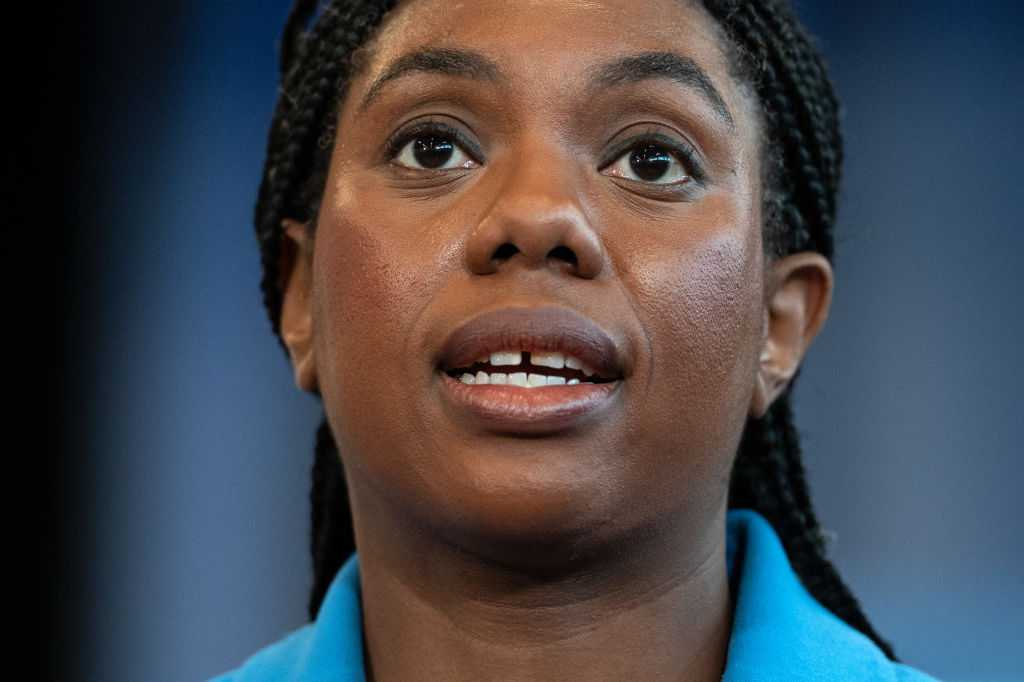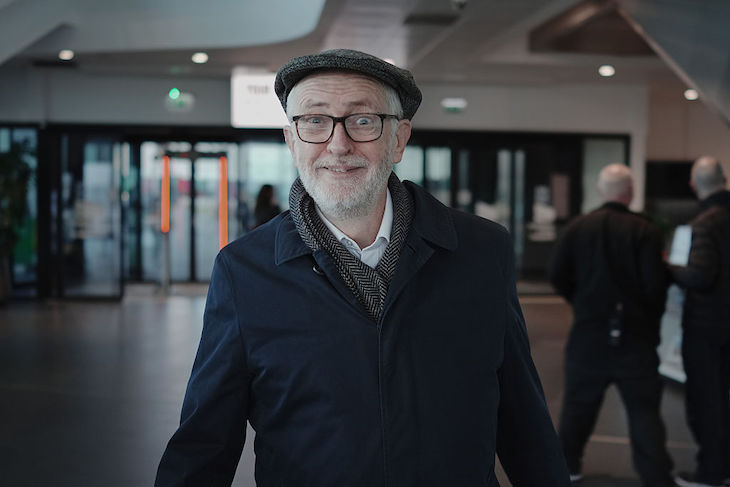It was widely expected that Reform were going to do well in yesterday’s elections – but perhaps not this well. So far, its performance has been at the very top of pollsters’ expectations, a fact made all the more remarkable by the fact that several of its most promising races have been postponed to next year.
If you think the major parties are panicking now, imagine how much worse it would be if Nigel Farage’s party had also just swept to victory in the Welsh Senedd, or posted a stupendous result in the Greater Lincolnshire mayoral race.
Even allowing for that, these results are extraordinary. When I spoke to pollsters yesterday, they didn’t think it was probable that Reform would win control of a council, with the possible exception of Doncaster district council.
Instead, they have swept to victory in two county councils: Lincolnshire, and Staffordshire – and whilst the Runcorn by-election has focused attention on Reform’s threat to Labour, it is worth taking a moment to note just how spectacularly dire are these results for the Conservatives.
Take Lincolnshire, for example. This is normally a reliably Tory county: since major boundary changes in 1981 they have only lost their majority on the council twice, in 1993 and 2013, the latter due to a then-dramatic breakthrough by Ukip, which secured 16 councillors. Both times, the Conservatives won control again at the next election – which in the former case meant doing so in 1997!
Going into this contest, the party was defending no fewer than 54 of the County Council’s 70 seats. It has almost all of them: at the time of writing the Conservatives have held one solitary councillor, outgoing leader Martin Hill, an inverted Nelson-at-Trafalgar adrift amidst the ruins of his fleet. Almost the sole beneficiary has been Reform, which has secured an overall majority.
The result wasn’t quite so bad in Staffordshire, until yesterday another Tory fortress – but we’re very much in “How did you enjoy the play, Mrs Lincoln?” territory. Going into the election the Conservatives had 57 of the council’s 62 seats; as of the time of writing, it has just ten. Again, Reform has come from nowhere to secure an overall majority.
All this means there will be some very nervous MPs this morning. Even after the rout last July, there were three Conservative MPs elected in Staffordshire and six in Lincolnshire. These include high-profile figures from both sides of the parliamentary party such as Victoria Atkins, Alicia Kearns, Gavin Williamson, Sir Edward Leigh, and Sir John Hayes.
In light of these results, none of those MPs are sitting on comfortable majorities. The true awfulness of the 2024 result for the Conservatives was not merely that they won fewer MPs even than in 1997, but that those MPs were often returned by relatively narrow margins. With the possible exception of seats with a big Hindu vote, such as Bob Blackman’s Harrow East or the party’s improbable 2024 gain in Leicester East, it doesn’t really have safe seats.
That means that even if there is an overall swing from Labour to the Conservatives at the next election, sitting MPs could still find themselves picked off by well-organised local campaigns by the Liberal Democrats, Greens, or Reform – and the sheer number of directions from which the danger approaches makes it very difficult for the Tory party to work out how to respond.
If the Conservatives have one hope, it must be that Reform fails the test of office. Historically, Farage’s parties have been much better at winning elections than in the often-dreary business of being legislators. Nobody minded when they neglected their responsibilities in the European Parliament, but UKIP was punished at the ballot box when its councillors failed to deliver. People care about the bins.
Farage has also in the past proved congenitally incapable of allowing his parties to grow bigger than he is, or tolerating the presence of anyone who might challenge his absolute control over the party. You can see this pattern in his constant defenestration of his several ‘successors’ in the UKIP days, and in the expulsion from Reform of Rupert Lowe, by some margin its hardest-working MP.
After last night, Reform is going to have some serious figures – council leaders, a mayor in Andrea Jenkyns – with their own platforms and their own democratic mandates. This could be a huge source of strength; councillors tend to make up the backbone of any party’s local campaigning machine. But it could also simply lead to more splits and more divisions if, as in the past, Farage proves to prefer being a one-man band to the more complicated business of directing an orchestra.







Comments